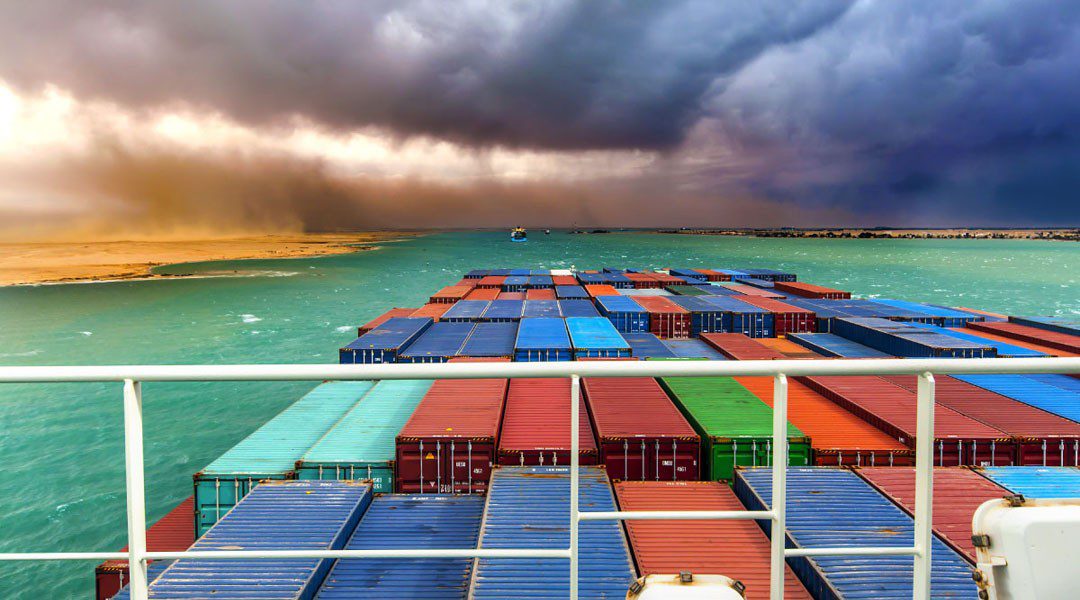The recast “Major Port Authorities Bill 2021” was seen as an effort to transform government-owned major port trusts into a corporate style of functioning with greater autonomy to enable them to better compete with minor or non-government port entities and keep pace with evolving industry dynamics.
The 16-member group comprises public-private-partnership (PPP) projects — developed on a build-operate-transfer (BOT) model – mainly by global port-terminal giants such as DP World, APM Terminals, and PSA International, after New Delhi opened the sector to private participation in the 1990s.
IPPTA, in a letter to the Ministry of Shipping, said while the landmark legislation gave PPP operators the freedom to charge market-driven rates similar to how that would work for prospective projects,the government has not signed off on a policy framework to abolish the role thus far played by the regulating administrator – Tariff Authority for Major
Ports (TAMP).
It is not clear as to who is the competent authority to declare WPI
“In the absence of these guidelines, it is not clear as to who is the competent authority to declare WPI (wholesale price index) escalations to be implemented from May 1, 2022 in respect of tariffs governed under the 2008, 2013 & 2019 guidelines,” IPPTA said. “In addition, there are some terminals for whom the indexed reference tariff is required to
be notified after the terminal is commissioned.”
“When the port authorities were approached by some of the terminals in this regard, they were asked to seek clarification from the ministry.”
That outreach for urgent intervention ostensibly stems from IPPTA’s growing concerns that some of the PPP operators have tariff revisions due to be implemented in the coming months and if that uncertainty continues, those terminals may have to wait longer to enjoy a level-playing field with their counterparts at non-government port locations.
“If no clarification is received by March 31, the respective terminal operators will have no alternative but to notify the escalations based on the ministry of industry’s notifications on the subject,” IPPTA noted.
India’s port tariff regulations had been a major source of concern for both domestic and foreign investors.
Under the 2005 cost-plus rate system, investors were caught up in complications surrounding revenue earned from volume handled beyond committed minimum guarantees and container royalties paid to the landlord port. Such anomalies had led to drastic downward rate revisions, forcing the affected terminals to scale down their throughput volumes in tandem with committed levels.
Those guidelines were later modified in 2008, 2013, and 2015 for successive bidders, without any relief for existing players. Here, the fate of PSA Tuticorin – which recently received a notice of concession termination over unpaid royalty dues – is the starkest example of that unfavourable policy.
An updated robust policy is imperative for major Indian ports






